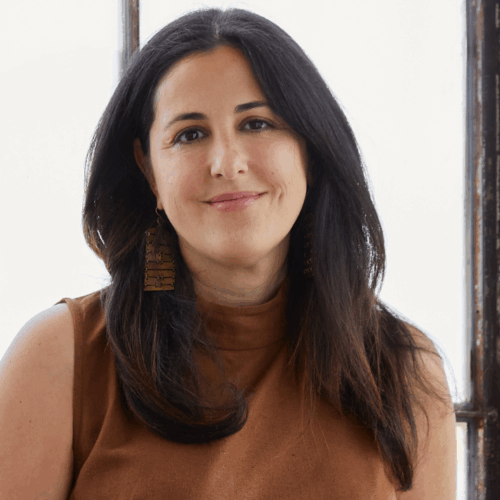
Joanna Rudnick
Producer/Director
Joanna Rudnick (she/her) is an Emmy Award-nominated director with a background in science and health storytelling. Her documentary In the Family (PBS|POV) was broadcast in over a dozen countries. She directed the animated short Brother (IL|PBS), On Beauty (Shorts TV), and an episode of duPont-Columbia Award-winning Hard Earned (Al Jazeera America).
